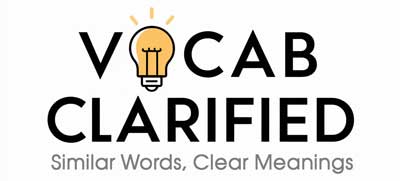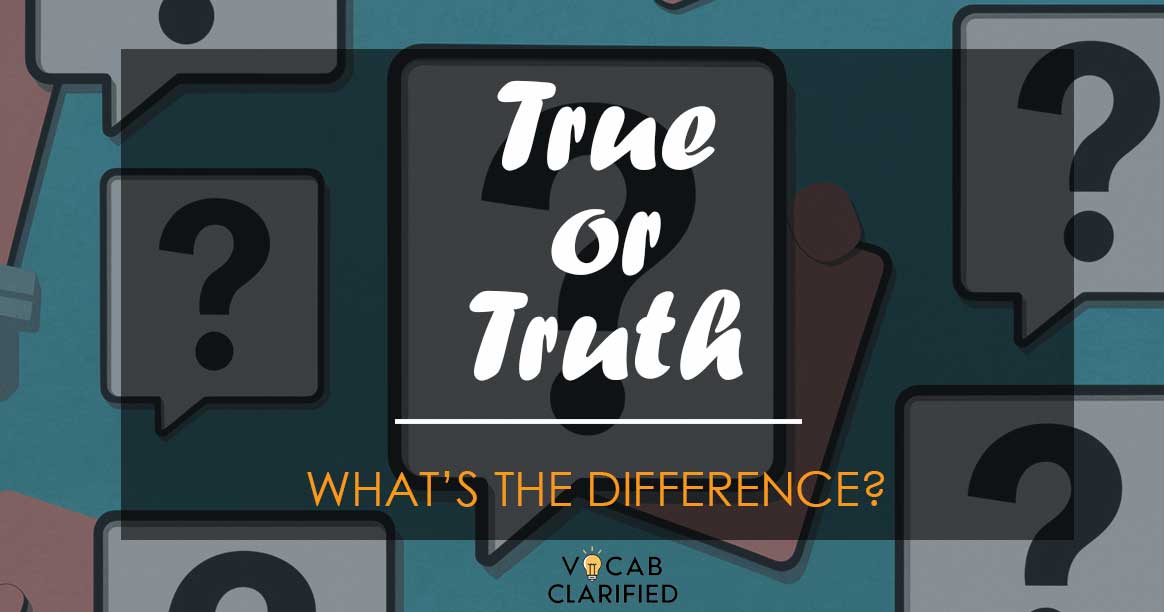Have you ever been in a conversation where someone says, “That’s true,” and another person responds with, “But is it the truth?”
These two terms—true and truth—are often used interchangeably, but they carry distinct meanings and implications. Whether you’re writing, debating, or just curious, understanding the difference between true and truth can help clarify your thoughts and improve your communication.
Let’s dive into what sets these two words apart and explore when each is most appropriately used.
Understanding True and Truth
True: Definition and Usage
The word true is typically used as an adjective to describe something that aligns with reality or fact. It means that a statement or belief accurately reflects what is real or correct. For example:
- Example 1: “The report is true, as it is based on verified data.”
- Example 2: “It’s true that the sun rises in the east.”
In both cases, true is used to confirm the accuracy or correctness of a statement.
Truth: Definition and Usage
Truth, on the other hand, is a noun that refers to the concept or state of being true. It represents the reality of a situation, fact, or belief. While true is an adjective that describes, truth is the essence or substance of what is being described. For instance:
- Example 1: “The truth about the incident was finally revealed.”
- Example 2: “She is always in search of the truth, no matter how difficult it is to find.”
Here, truth represents the actual facts or reality that true statements describe.
Side-by-Side Comparison
| Aspect | True | Truth |
| Definition | Accurate or correct; aligns with facts or reality | The state or quality of being true; reality or fact |
| Common Usage | “Her story is true.” | “He spoke the truth.” |
| Key Differences | Describes the accuracy or correctness of a statement | Represents the concept or substance of reality or fact |
When deciding between true and truth, consider whether you are describing something or referring to the essence of what is being described. If you’re confirming that something aligns with reality, true is the right word. If you’re talking about the concept or existence of what is real, then truth is more appropriate.
Everyday Usage Examples
Understanding how to use true and truth in everyday language can enhance your clarity in conversations and writing:
- Extended Example for True: It’s true that exercise improves mental health, as numerous studies have shown a direct link between physical activity and emotional well-being.
- Extended Example for Truth: The truth about the company’s financial status came out during the audit, shocking everyone involved.
Conclusion
Knowing the difference between true and truth is more than just a linguistic exercise—it’s about expressing ideas accurately and effectively. True describes something that aligns with reality, while truth refers to the reality itself.
By using these terms correctly, you can ensure that your communication is precise and that your message is understood exactly as intended.

